Case Studies
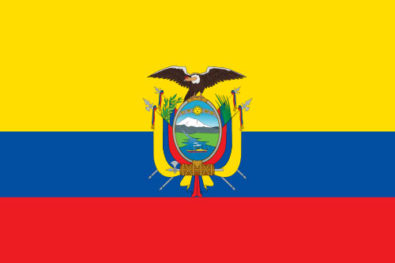
Ecuador
Ecuador Ecuador has an active and diverse civil society, which includes corporations, foundations, private and public sector unions, professional and business organizations, and numerous traditional organizations, such as church groups, sports clubs, and
Learn More
Egypt
Egypt Restrictive laws and a culture of impunity have empowered Egyptian authorities to harass, detain, and charge civil society activists for dubious crimes for decades. Civil society activists are constantly at risk of
Learn More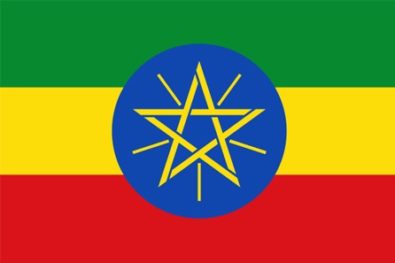
Ethiopia (old)
Ethiopia Ethiopia has a long tradition of informal community-based organizations that operate at the local level. However, in 2009, the government adopted the “Charities and Societies Proclamation” (CSP), which strictly regulates the activities
Learn More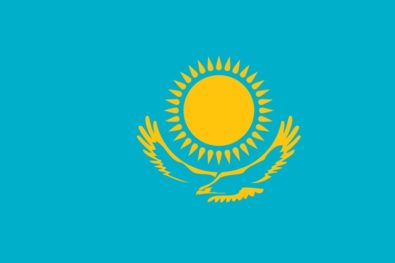
Kazakhstan
Kazakhstan Kazakhstan’s 2016-2020 National Action Plan on Development of Interaction between the Government and CSOs generally recognizes the importance of civil society to the country’s development. However, barriers to civil society’s ability to
Learn More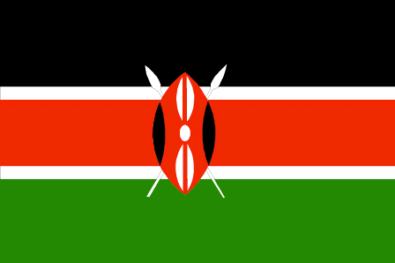
Kenya
Kenya Kenya plays an influential role in shaping human rights culture throughout the Great Lakes Region of Africa. There are roughly 10,000-15,000 registered civil society organizations (CSOs) in Kenya. In 2010, the government
Learn More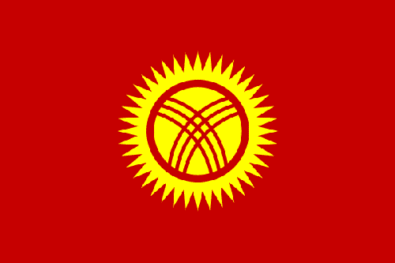
Kyrgyzstan
Kyrgyzstan Civil society organizations (CSOs) in Kyrgyzstan technically have the right to access resources and freely cooperate with local and international donors. This right is guaranteed in part by constitutional reforms of 2010
Learn More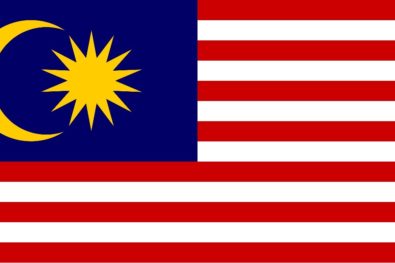
Malaysia
Malaysia No laws preclude civil society organizations (CSO) from seeking or receiving domestic or foreign funding in Malaysia. However, activists report that the Malaysian government views some organizations that receive foreign funding, particularly
Learn More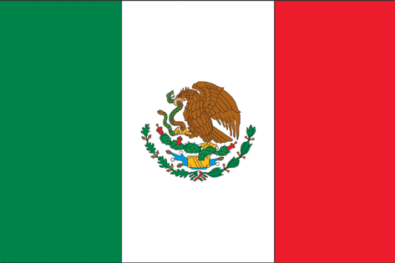
Mexico
Mexico Mexico has a strong civil society sector, which is generally viewed favorably by the public. The government of Mexico has ratified most international and regional human rights treaties and demonstrates leadership on
Learn More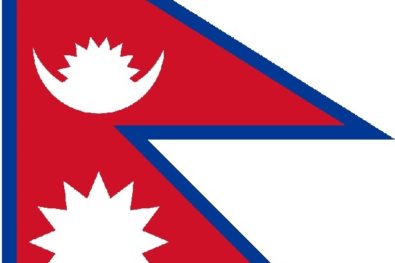
Nepal
Nepal The number of civil society organizations (CSOs) operating in Nepal increased rapidly following passage of the Social Welfare Act of 1992. However, only Nepali citizens may form associations, which must register and re-register with
Learn More
Republika Srpska
Republika Srpska Republika Srpska (RS) is a constitutional entity within Bosnia and Herzegovina (BiH). RS has its own constitution, president, parliament, judiciary, and police force. RS is home to numerous government-organized non-governmental organization (GONGO)
Learn More
Sierra Leone
Sierra Leone Civil society organizations (CSOs) perform multifaceted roles in Sierra Leone, including mobilizing to unite the country after its 1991-2001 civil war; addressing the Ebola crisis from 2013–2016; and assisting the victims
Learn More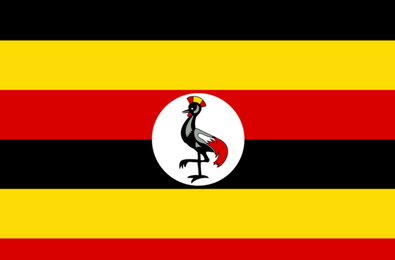
Uganda
Uganda Uganda has a vibrant civil society sector with many organizations focused on advocacy, governance and human rights. The principle legislation governing civil society in Uganda is the Non-Governmental Organizations Act of 2016
Learn More